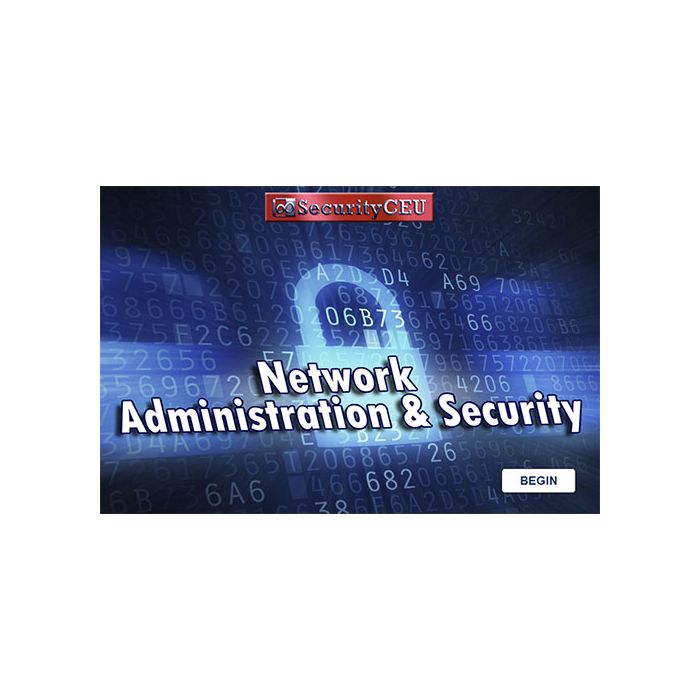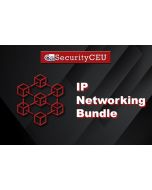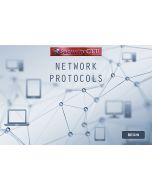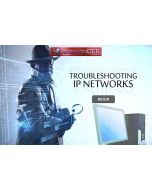IP Networking Training - Network Administration and Security
In this module, we will discuss the important role network administrators play in maintaining a network, as well as security concerns, sources of threats to a network and the security measures employed to protect the network.
Network administration is a vital role to ensure that networks run efficiently and without disruption. As a network administrator, you will be responsible for setting up configuring, managing, troubleshooting and securing computer networks and systems. Knowing how to effectively control the security of a network is key to maintaining operations. Network Security Administration involves monitoring the traffic entering and leaving the network, audit access controls set in place and respond to incidents or vulnerabilities found in the system. It is important for Administrators to have an understanding of the sources of threats like malware, DDoS attacks, worms, SQL injections etc., as well as knowledge about various tools such as firewalls, intrusion detection/prevention systems (IDS/IPS) to securely maintain the network environment.
After completing this module, you should be able to do the following:
Define the role of a network administrator,
Recognize common security threats to a computer network,
Understand the various security measures commonly used to thwart attacks and,
Assist in implementing the necessary precautions to protect the network as well as the devices and data that reside on it.
Read more about the course in the course details below.
Network and system administration is the practice of managing a computer network and its security. This vital role is timely and complex, as modern networks are vulnerable to malicious and disruptive forces. Network administrators must be knowledgeable about the most up to date security threats and protocols in order to protect their networks from compromise. Understandably, this role requires a deep understanding of operating systems, server administration, software tools, and network infrastructure components. Security measures used by network administrators include firewalls, encryption techniques, secure passwords, access control rules, intrusion detection systems and data log analysis. To smartly manage an IP networking system whose performance affects the reputation of an organization's business or brand is no small feat.
This course is a component of the IP Networking Training Bundle. It may be taken on its own or ordered as part of the IP Networking training bundle for a lower overall cost.
Use the grid below to determine which states have CEU approval for this course, along with how many credit hours it has, and any other special instructions.
| State | Hours | Special Instructions |
| Louisiana | 1 | |
| Mississippi | 1 | |
| New Jersey | 1 | This course is approved for 1.00 hours of continuing education by the NJ Fire Alarm, Burglar Alarm and Locksmith Advisory Committee. If you are submitting this course for CEUs in NJ, you must contact us with your NJ license number so we may provide you with the appropriate certificate upon completing the course. Please email support@securityceu.com or call 502-254-1590 when you have finished taking the online content. We will then create your NJ specific certificate and email it to you within 24 hours |
| Tennessee | 1 | |
| Utah | 1 | This course is approved for 1.00 hours of continuing education by the Utah Division of Occupational and Professional Licensing for Construction Trades. If you will be taking this course for CEUs in Utah, you must notify us and provide your license number and company name so we may submit the appropriate documentation. Please email support@securityceu.com or call 502-254-1590. |
| Delaware | 1 |








